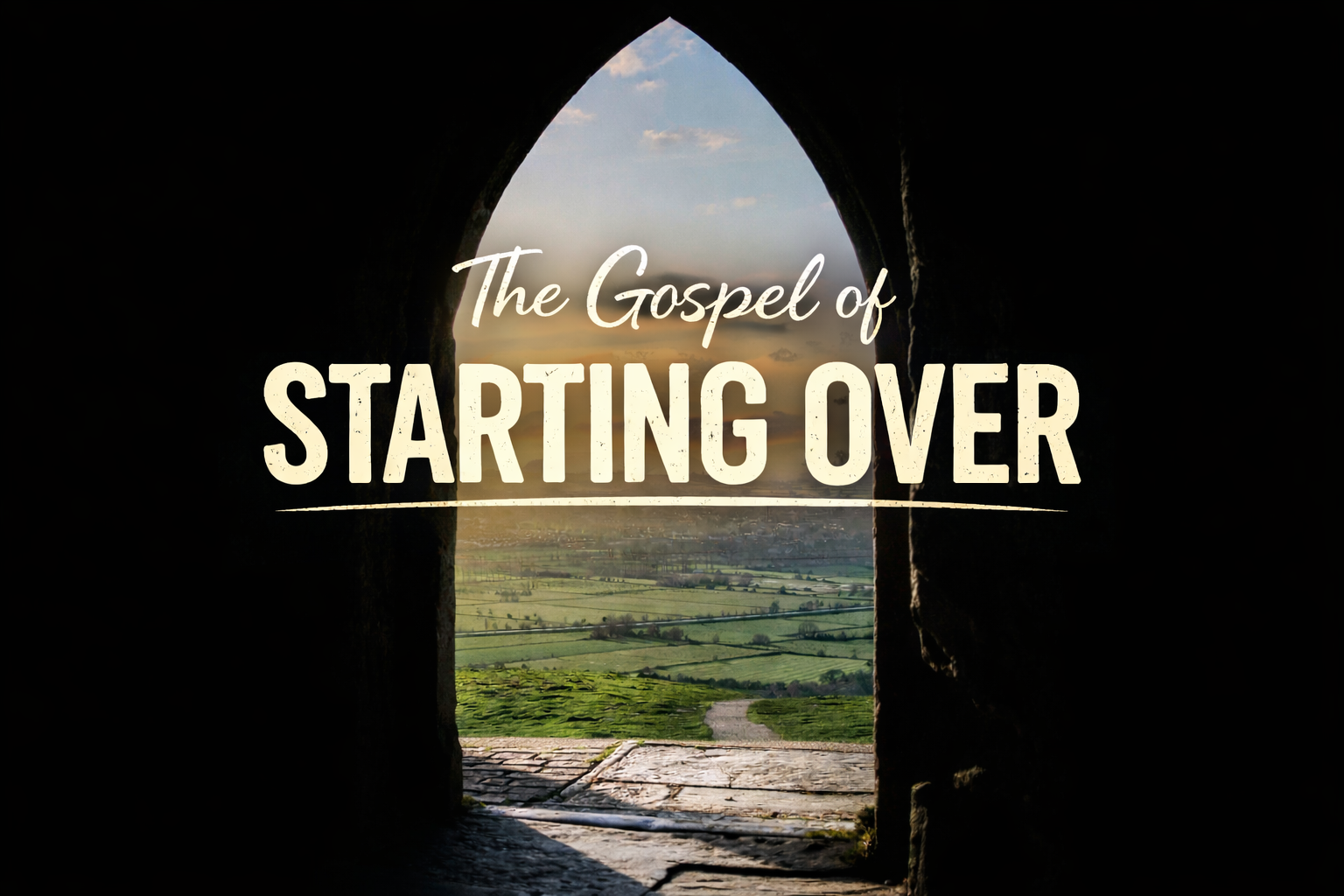In-tinc-tion: “the action of dipping the bread in the wine at a Eucharist so that a communicant receives both together.”
As my second year of Divinity School starts and students stretch and yawn their way out of their academic slumbers, I find it is a good time to reflect upon the previous year and consider lessons learned. As a conservative theology student at a liberal seminary, I’m sure you can imagine that my time in school has provided me with many playful anecdotes to entertain my peers with. Yet, like any good storyteller, I strive to make seemingly logical connections with my experiences and deeper spiritual insight. Thus, the story of my first chapel.
In the Div. School, chapel is the name for the 45-minute long church service that takes place every Tuesday and Thursday in the basement. These services are a time where third year students can berate us on any topic that is currently amusing them, and also apparently a time for experimenting with new music (a story for another time). In addition to a sermon and music, every chapel includes the taking of communion, which serves the dual role of both providing a liturgical act of remembrance and recognition of Jesus’ sacrifice on the cross, and a quick snack.
Now, if you’ve ever experimented with different Christian services, you would know that there are primarily two ways to take communion, either eating the bread then drinking directly from the cup, or by “intinction” which is dipping your bread in the juice. Seeing as the culture we live in is obsessed with killing off as many germs as humanly possible, it is no surprise that the vast majority of services do communion by intinction, in order to avoid having to swap spit with 80 other people.
As a bright-eyed and bushy-tailed first year grad student, I was excited to jump right into divinity school, and naturally sat on the first row during the first chapel of the year. When time came for communion I received my bread, and without thinking popped it in my mouth.
I moved toward the second year student holding the cup of grape juice. We stared at each other for a moment, both slightly unsure what to do at this juncture. I, being new and having no bread, panicked and made a grab for the cup. After a brief tug of war between myself and the 120 pound lightweight in charge of administering the blood of Christ, I wrested the cup from his white knuckled fingers and took a large gulp while my classmates looked on. Unfortunately, the line behind me was other first year students, all eager to do things the “right way” and I started a trend of people grabbing the large goblet and drinking straight from it. After four or five of these, the dean had to come stop communion and make an announcement to everyone that indeed, they were supposed to dip, not sip.
As I sat quietly in my seat, watching my grumpy classmates dip their bread in what was probably at least 60% backwash, it occurred to me that in our rush to follow the crowd and fit in, we are very quick to go with the status quo. If any of the students behind me had thought about what they were doing (or for that matter looked at the other line) they would have realized that it would probably be better just to dip the bread.
If I could sum up the Old Testament book of Nehemiah in five words, it would be “Discontent with the Status Quo.” In the account, Nehemiah isn’t ok with the current state of the Jewish homeland, and fights against what has been accepted and instituted among his people.
As humans, we love the status quo. It is comfortable and easy, and most times completely fine ethically as well. But the status quo is not from God. At no point in the Scriptures did God tell anyone that he wanted to take them and put them in a position that everyone in the world expected them to fill. He would have never said, “Hey Moses, glad you like the burning bush; now how do you feel about being really mediocre?”
No! It is consistent throughout scripture that God has a bigger vision for you and me than we could ever dream up ourselves. There is no such thing as a “status quo” with God. He wants so much more for you than just going along with the crowd. God wants so much for you than just “settling.”
Have you settled for the status quo? If so, do you believe that God wants more for you than that?



